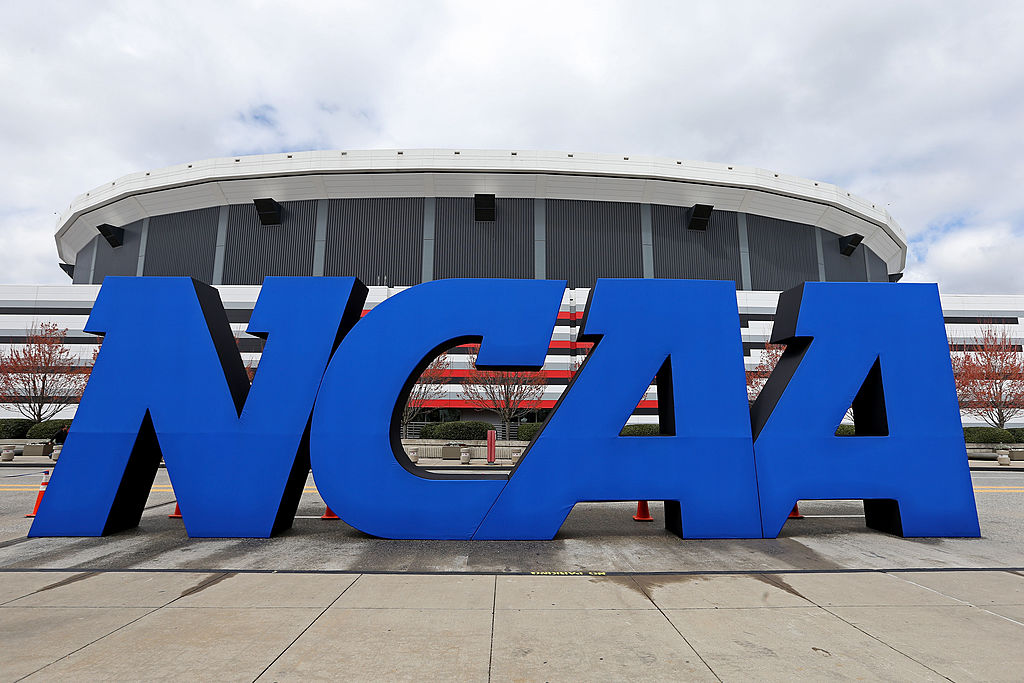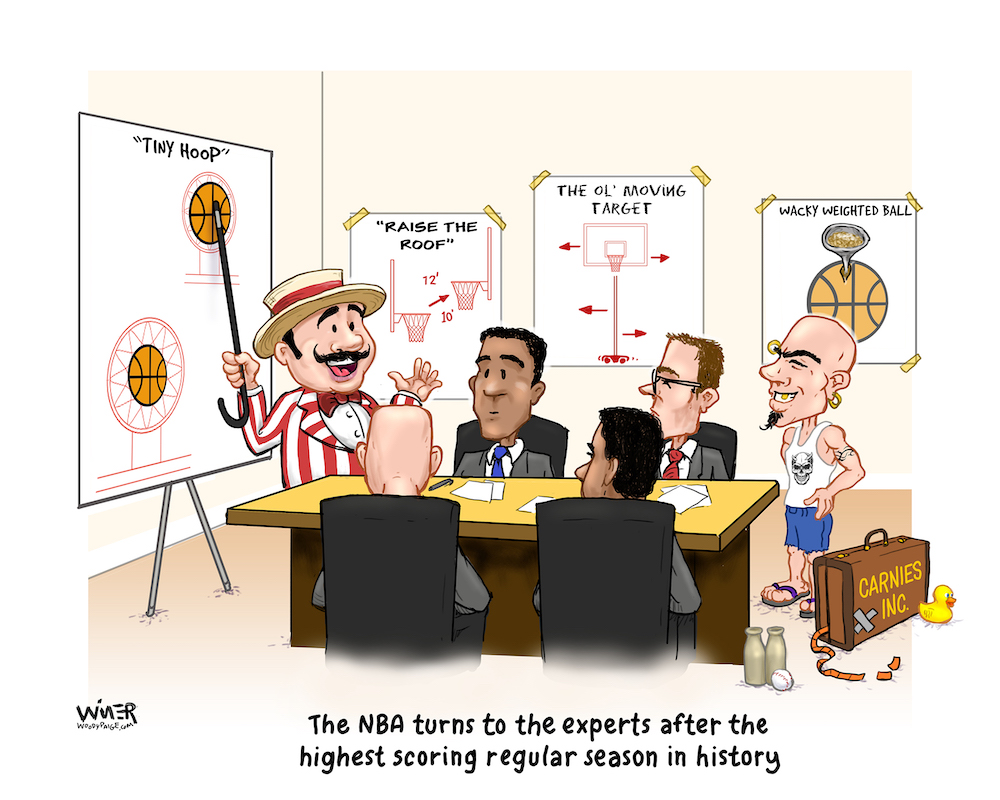You have to give Denver Broncos General Manager George Paton a lot of credit.
While most pundits were fawning over the idea of a trade that would have brought Aaron Rodgers from the Green Bay Packers to Denver, Paton was looking at the Broncos lousy quarterback situation with a different level of understanding. Rodgers wasn’t going to present another Peyton Manning scenario as much as another Joe-Montana-to-Kansas-City scenario. It would have been a short term boost.
Most in Broncos Country thought obtaining Rodgers was “Plan A” and there wasn’t a Plan B. For Paton, it appears that Russell Wilson was Plan A all along.
At age 34, Wilson may be a smidge past his prime, but he offers the Broncos more than just a couple more good seasons. While Rodgers would have been an enormous upgrade for that short term, pouring considerable resources (and Denver sent a sizable package back to Seattle) into getting a 38-year-old wasn’t a long term fix.
Denver isn’t getting the best version of Wilson at this point, but they are setting themselves up with security at the most important position on the field for the next four to six years. Wilson makes Denver a playoff team, and with a couple additional shrewd personnel moves and another solid draft or two, they could pose a serious threat in the ultra-competitive AFC West. The string of six miserable years without being a factor in the play-off race should be over for now.
And when Wilson does decide to retire – presumably as a Bronco – Paton had better have a better transition model in place than then-GM John Elway did six years ago.
At least now Paton has some time to figure that part out.
In a perfect NFL world, a team would do what the Packers did back in 2005 when they selected Rodgers in the draft to one day replace their Hall of Fame quarterback at the time, Brett Favre. Favre wasn’t finished playing, and Rodgers wasn’t finished learning to play. The two-time defending NFL MVP held the clipboard for three seasons before taking over for Favre. It was seamless (other than some off the field drama) and Rodgers led Green Bay to a Super Bowl title in 2010.
Contrast that with Denver’s dreadful history of replacing star QB’s.
When Hall of Famer Elway retired, the Broncos had only a third-round draft pick, mediocre Brian Griese to toss to the wolves. When Manning hung it up after the 2015 Super Bowl win, they turned to the less than mediocre Trevor Siemian, a seventh-rounder with a noodle arm, to take over. In both cases, it was a total bust.
It wasn’t just those two situations where the Broncos have stunk at choosing a QB. Their history of drafting difference making signal callers is as bad as any NFL teams’ could possibly be. They’re 0-for. As in none. As in never in six plus decades as the franchise drafted a so-called “franchise” QB. Never. They traded for a young Elway (a masterstroke of good fortune) right after the 1983 draft, and they signed Manning as a free agent (Masterstroke, part II) in 2012.

We’ll see if getting Wilson falls into the same kind of category, but regardless, it’s now on Paton to break the jinx and find a young stud QB in the ’23 or ’24 NFL Draft who can be successfully groomed. He can watch and develop as an understudy to Wilson and then be able to maintain the same high caliber of play when Wilson decides to step aside.
For the short term, Denver now needs to find a capable back up to Wilson. Drew Lock was part of the trade going the other direction. Teddy Bridgewater would fit that bill if he decided to stick around, but that’s unlikely. Brett Rypien still has a locker (figuratively) at Dove Valley. While drafting a QB would have been a priority in the upcoming draft had the Wilson deal not happened, now the Broncos would be better served to wait a couple of seasons to do that…and go find a nice journeyman clip board holder.
Over the years, those have been a lot easier to identify and sign than guys who could stand out playing the position.


















